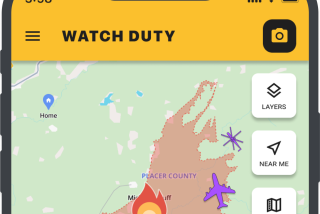Special emergency assessment may be illegal
Question: Our board of directors began building renovations several months ago using money the association was awarded in a lawsuit. They found severe dry rot and water damage to nearly all balconies. The board has approved a special emergency assessment of about $9,000 for each unit. This year I was laid off and have been unable to find a job. I wrote the board informing them that I wouldn’t be able to pay the assessment until I found work. Their only reply was that I could take advantage of the 15-year loan option other owners were given. Unemployment benefits barely cover my mortgage payment, and I can’t take out a personal loan without a job, so I don’t see how I can pay the board’s loan option. Does the board have to offer me hardship relief? Do I have any options or is my only choice to let the board put a lien on my home?
Answer: Your board acted illegally if they passed a “special emergency assessment” of $9,000. If it was a “special assessment,” it probably required a vote of the membership in your association, but that depends upon the terms in your covenants, conditions and restrictions.
An “emergency assessment” has to meet the requirements of Civil Code section 1366(b)(1-3) and can be made only for emergency situations. The Davis-Stirling Act defines situations as: (1) to meet an expense required by a court order; (2) an extraordinary expense to repair or maintain the common interest development or any part of it where a threat to personal safety is discovered; and (3) to repair or maintain the common interest development where the problem could not have been reasonably foreseen by the board. In this last circumstance, the board must first pass a resolution containing written findings as to the necessity of the extraordinary expense involved and why it could not have been foreseen in the budgeting process. The resolution and notice of assessment must be distributed to all titleholders.
Emergencies, by definition, are unforeseeable. Repairs are not unforeseeable and must be taken into consideration as part of every annual budget discussion. Whether the balcony dry rot constitutes an “emergency” as defined in Civil Code section 1366 is open to debate.
Assessments, once due, are the titleholder’s obligation at the time they are levied and can be avoided only if assessed illegally or in error.
During hard times, consideration can and should be given to those with no immediate, but perhaps some future, ability to pay.
But despite the economy, associations remain obligated to repair, replace and maintain the common interest development property, and they do that using money collected from regular or special assessments levied against each titleholder.
Send questions to P.O. Box 10490, Marina del Rey, CA 90295 or e-mail [email protected].
More to Read
Inside the business of entertainment
The Wide Shot brings you news, analysis and insights on everything from streaming wars to production — and what it all means for the future.
You may occasionally receive promotional content from the Los Angeles Times.










